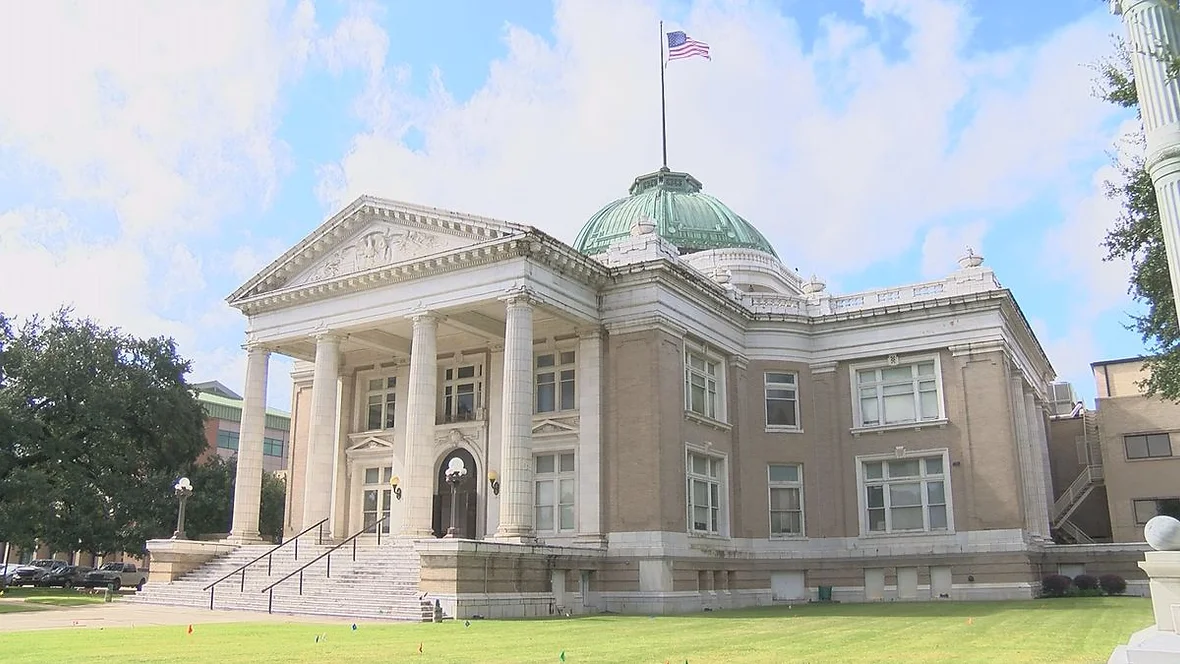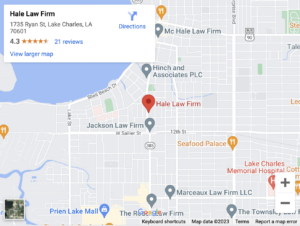Taylor Hale | June 3, 2025 | Personal Injury
How To File a Car Accident Claim With Allstate in Lake Charles, LA
If you’ve been in a car accident in Lake Charles, Louisiana, you may be wondering how to file a claim with Allstate and what steps to take next. Knowing how to handle the claims process can help you avoid delays and improve your chances of receiving fair compensation. In this blog, we’ll explain how to… read more
Taylor Hale | May 12, 2025 | Personal Injury
What Are the Top 10 Disabilities?
Approximately 70 million adults in the United States are living with some type of disability. These conditions range from minor impairments to life-altering disabilities that can affect a person’s independence and quality of life. Numerous physical, mental, and emotional disorders can affect a person, but disabilities in the following ten categories are the most common…. read more
Taylor Hale | March 26, 2025 | Personal Injury
Are Tornadoes Worse Than Hurricanes?
The debate over whether tornadoes cause more destruction than hurricanes sparks strong opinions. Both natural disasters bring immense force, leaving communities devastated. Knowing the differences between these two severe weather events helps people understand the risks and the legal or financial challenges they may face afterward. Tornadoes vs. Hurricanes: Which Causes More Damage? Tornadoes and… read more
Taylor Hale | March 19, 2025 | Personal Injury
Does Renters Insurance Cover Hurricane Damage in Lake Charles, LA?
Renters in Lake Charles, LA, often question if their renters insurance covers hurricane damage. The area experiences many hurricanes and strong storms. Knowing what your policy covers is important to protect your finances after a storm. Does renters insurance cover hurricane damage in Lake Charles, LA? The answer depends on the specifics of your policy…. read more
Taylor Hale | March 5, 2025 | Personal Injury
What Are the 5 Categories of Hurricanes?
Hurricanes are powerful tropical storms that can cause devastating effects on communities, infrastructure, and the environment. Knowing the categories of hurricanes helps with preparedness and safety. The Saffir-Simpson Hurricane Wind Scale categorizes these storms into five distinct levels, which gauge their potential impact. Category 1 Hurricane A Category 1 hurricane is the least severe on… read more

